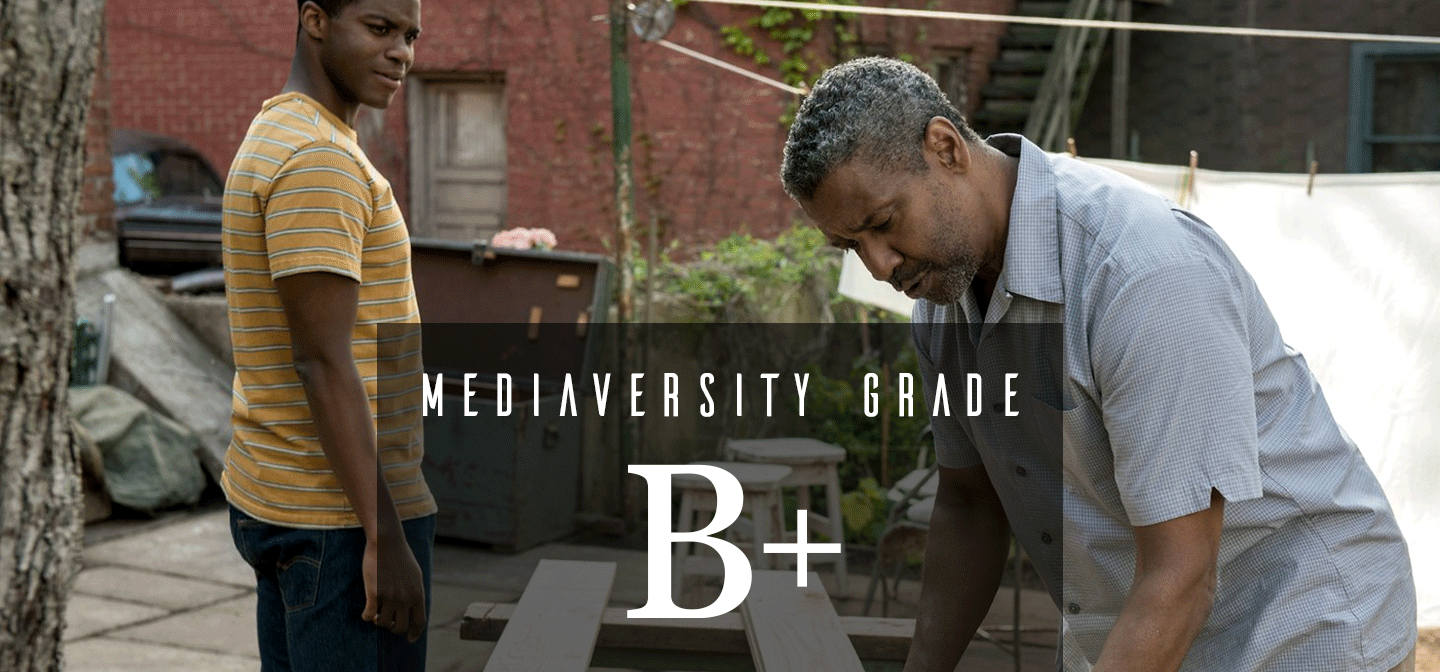Fences
“Wilson’s story is granular, depicting the vicious power that patriarchs can wield as they hurt the women and children in their lives.”
Title: Fences (2016)
Director: Denzel Washington 👨🏾🇺🇸
Writer: August Wilson 👨🏽🇺🇸
Reviewed by Li 👩🏻🇺🇸
Technical: 4.5/5
To watch Fences is to watch the original play, just on the silver screen. Thus, its strengths and weaknesses follow those of theatre: Electric performances by Denzel Washington (playing Troy) and Viola Davis (playing Rose) exhibit the full spectrum of human emotion. On the flipside, minimal film editing can lead to dialogue that feels verbose or self-indulgent in moments.
Overall, it’s an incredibly strong work that moves its audience through sheer strength of virtuosic acting and onscreen presence.
Gender: 3/5
Does it pass the Bechdel Test? NOPE
Set in 1957, the power of Fences lies in its raw, unadorned showcase of the gender- and race-based persecution that existed in that era. Women are portrayed as victims and their cages are rendered both physically and emotionally. Rose’s small kitchen, where she spends the majority of her scenes, aptly represents her heartrending lack of agency as Troy upends her life.
Indeed, her character is brilliantly complex and clearly sympathetic, but the numbers are lacking as Rose is the only woman who appears in more than one scene. Meanwhile, three women are spoken of repeatedly—Bonnie, Lucy, and Alberta, the wives and girlfriends of key male characters—but it’s disappointing that their voices and bodies are absent from their own stories. While this limited and male-dominated cast makes sense for the stage, it stands out as a clear vestige of its theatrical 1983 origins, with no attempt to update for a 2016 film.
Race: 5/5
The issue of racial inequality is baked into the very core of Fences. The film depicts multi-faceted characters of color and doesn’t flinch from tackling heavy topics, such as the barriers Black men face in professional sports, the workplace, or in educational institutions. More impressively, at no point does Fences let the racial conversation consume its brilliant, character-driven narrative.
Mediaversity Grade: B+ 4.17/5
Fences is a wonderful film that brings to life the sheer inequality inherent to the lives of Black Americans in the 1950s. It deftly challenges racial inequality—we see characters discuss the growing inclusion of “colored” sportsmen in pro leagues and Troy gets promoted at work to a position previously reserved for white men—yet the societal constraints on women are merely highlighted, not contested.
Overall, this takes nothing away from the success of this film. Wilson’s story is granular, showcasing the vicious power that patriarchs can wield as they hurt the women and children in their lives. Unfortunately, that’s exactly where Fences stumbles on inclusion; women come across as victims to male narratives, rather than as agents in their own self-directed lives.

